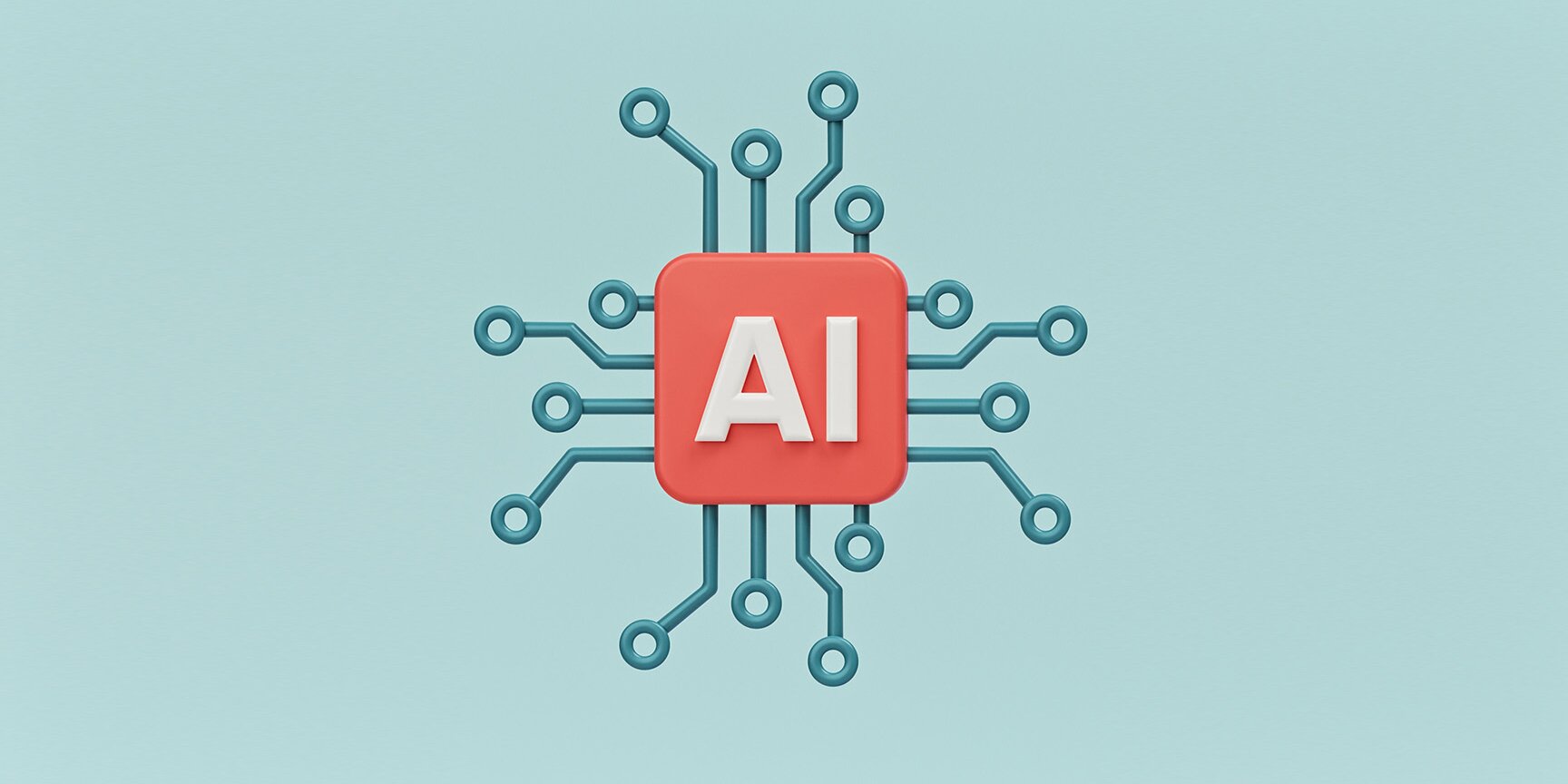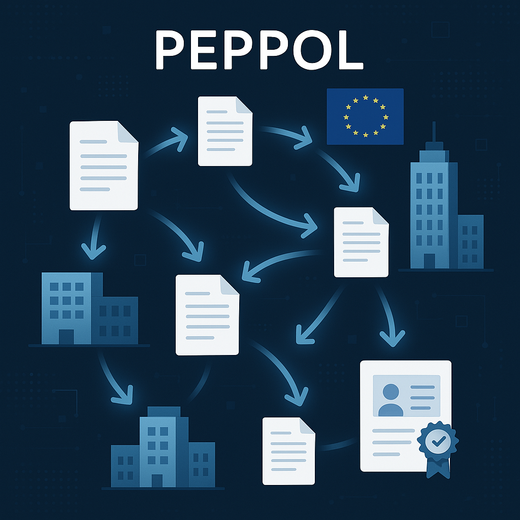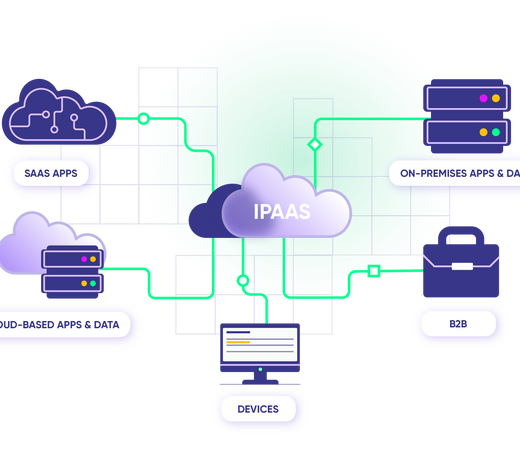- Digital transformation
AI in ERP: Smarter processes, faster decisions.
AI in ERP is no longer future music, it is the new reality for companies looking to optimize their processes. From automating routine tasks to improving forecasting, AI offers tremendous benefits.
Yet its implementation is not without its challenges. It requires the right infrastructure, reliable data and sufficient expertise. In addition, change management plays a crucial role in organizational acceptance. In this article, we look at the power of AI in ERP, the necessary prerequisites for integration and the challenges companies need to consider.

Why AI is indispensable for your ERP system?
AI makes ERP systems smarter, faster and more efficient. By automating repetitive tasks and improving predictions, companies can optimize their processes. What exactly can this smart technology do for your ERP?
- Automation of repetitive tasks
Many ERP processes are repetitive and time-consuming. AI makes it possible to automate tasks such as invoice processing, order fulfillment and employee scheduling. This lowers the error rate and increases productivity, allowing employees to focus on strategic tasks.
- Improve forecasting
AI can combine historical and real-time data to make accurate forecasts. This is especially valuable for demand forecasting, inventory management and production planning. By using machine learning models, companies can better anticipate seasonal trends, customer behavior and market fluctuations. This leads to more efficient use of resources, less waste and higher customer satisfaction.
- Strengthen decision making
AI can analyze large amounts of data and discover patterns that are difficult for humans to identify. This helps companies make more informed decisions. For example, AI-driven predictive analytics allows companies to better match supply and demand, leading to more efficient inventory management and lower costs.
- Personalized user experience
In addition to automation and analytics, AI also contributes to a better user experience. Think AI-driven dashboards, chatbots for support and intelligent search functionality within ERP systems. This makes ERP more user-friendly and efficient for employees.
Companies that integrate artificial intelligence can respond faster to market fluctuations and lower their operational costs. In addition, this smart technology provides agility in a rapidly changing world.
Prerequisites for a smart AI implementation
The successful integration of AI into ERP requires both a solid foundation and attention to potential challenges. Key prerequisites and challenges include:
- Reliable data: AI performance depends heavily on data quality. Poor or disorganized data lead to inaccurate predictions and unreliable results. In addition, it is crucial to minimize AI bias, as faulty or incomplete data can produce distorted outcomes.
- Technology infrastructure: AI requires cloud solutions and sufficient computing power to run effectively. A well-equipped infrastructure is essential for the optimal operation of AI systems.
- Expertise and knowledge: There must be sufficient knowledge both internally and externally to implement and manage AI efficiently. Companies must invest in training and/or external consultants to get the most out of the technology.
- Change management: A successful AI implementation requires more than just technology; employees must accept the new ways of working. It is essential to position AI as a support tool and actively manage resistance within the organization.
Implementation challenges
- High initial costs: Implementing AI can involve significant costs, especially if new technologies and infrastructures are required.
- Limitations of AI algorithms: AI models may have difficulty dealing with exceptional or complex situations, which can lead to errors and unreliable results.
- Cultural acceptance: Employees may view AI as a threat, making adoption difficult. Clear communication about the benefits of AI is crucial.
Ensure thoughtful preparation
A successful implementation of AI in your ERP system requires careful preparation. Proper preparation is essential to properly leverage the technology:
- Improve your data quality: Make sure you have clean and structured data. This forms the basis for reliable AI performance.
- Establish a clear AI strategy: Define your goals and make sure you have the right team and the right technology.
- Choose the right ERP vendor: Make sure your ERP system is ready for AI and capable of supporting future expansions.
- Start with a pilot project: Test AI on a small scale to gain experience and gradually expand the technology.
- Create employee support: Make sure employees understand how AI supports them and offer training to promote acceptance.
By taking a phased and strategic approach, companies can maximize the benefits of AI in ERP without unnecessary risk.











